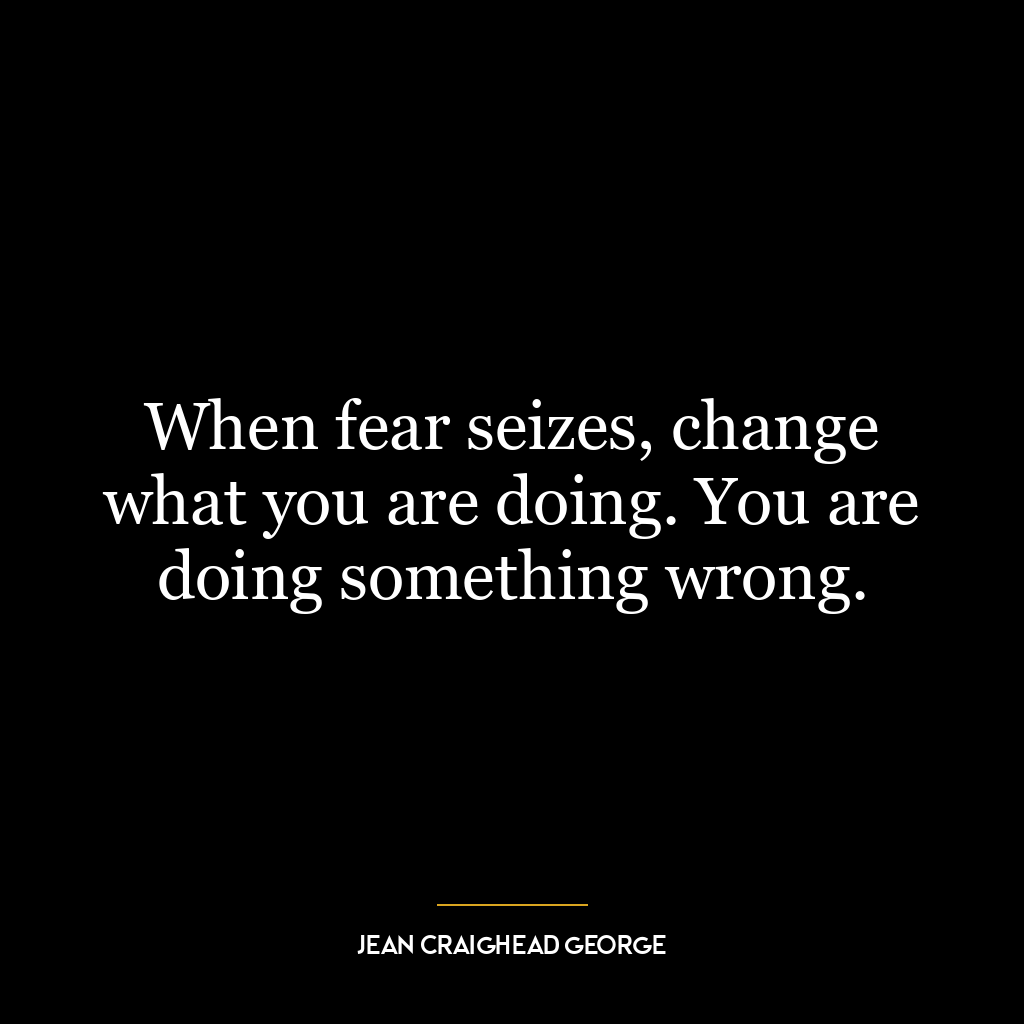The man who fears man falls from the estate of man. Fear God alone.
This quote encapsulates a profound philosophy about human nature and the power dynamics inherent in our society. At its core, it suggests that when a person lives in fear of other people’s judgments or actions, they diminish their own humanity. They become less than what they could be because their actions and decisions are dictated by fear rather than by their own free will or moral compass.
The second part of the quote advises to “fear God alone.” This doesn’t necessarily refer to a religious deity but can be interpreted as an admonition to respect universal principles of morality and justice – principles that are often considered divine. The idea is not to live in terror of divine retribution but rather, to understand that there are higher laws at work in our world – laws such as cause-and-effect or karma.
Applying this idea today might mean refusing to compromise one’s values out of fear for societal backlash or personal loss. It might mean standing up for what is right even when it is unpopular or risky. In terms of personal development, this philosophy encourages individuals not only to overcome their fears but also to align themselves with higher principles – those which transcend individual ego and societal norms.
In essence, Gandhi’s quote reminds us that true power comes from integrity and alignment with universal truth rather than from manipulation or domination over others. It teaches us that we should not let fear guide our actions; instead we must strive towards living according to ethical standards which ultimately leads towards freedom from fear itself.










